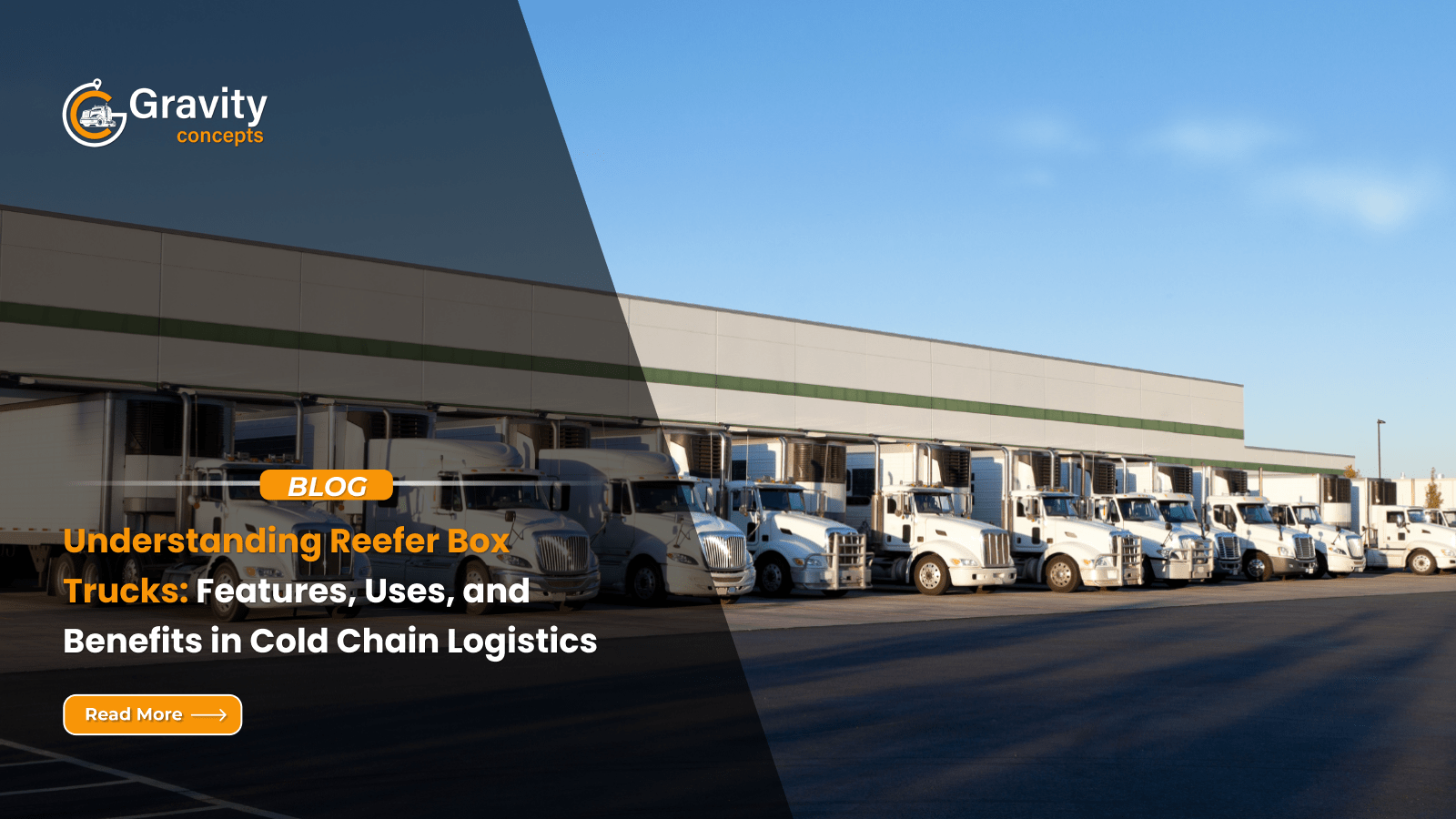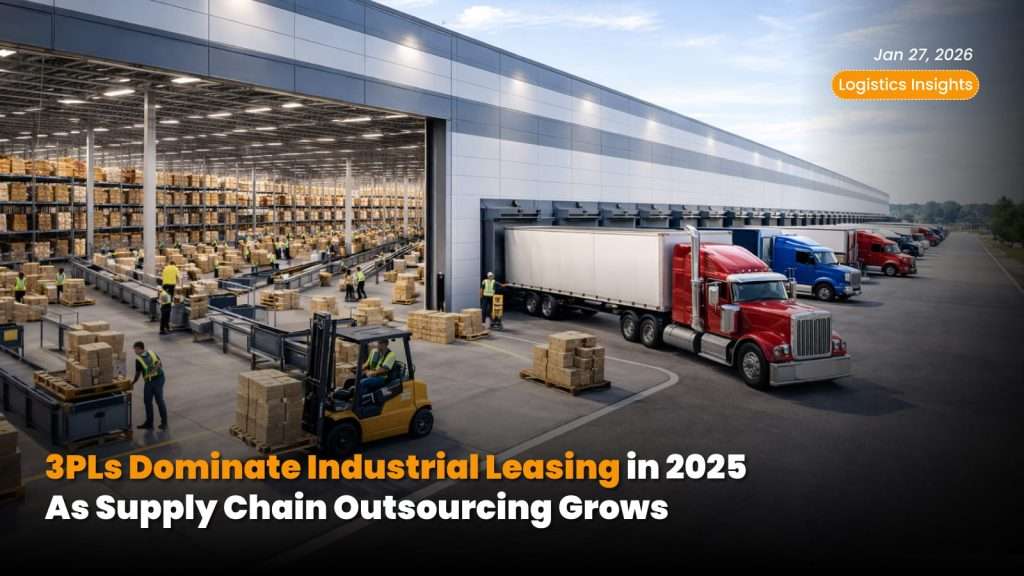
Understanding Reefer Box Trucks: Features, Uses, and Benefits in Cold Chain Logistics
In today’s fast-moving supply chain, keeping perishable goods fresh during transportation is more critical than ever. Businesses in industries such as food, pharmaceuticals, healthcare, and even floristry depend on temperature-controlled logistics to maintain product integrity. Among the most versatile tools in cold chain logistics is the reefer box truck—a compact refrigerated vehicle that combines mobility, efficiency, and advanced cooling technology for short- to medium-haul deliveries.
This in-depth guide explores what reefer box trucks are, their key features, benefits, and use cases—and why they’re becoming an essential part of last-mile cold transportation solutions.
What Is a Reefer Box Truck?
A reefer box truck is a refrigerated vehicle that comes equipped with an integrated cooling unit and insulated cargo space. The term “reefer” is short for “refrigerated,” and these trucks are specifically designed to carry temperature-sensitive freight.
Unlike larger refrigerated trailers pulled by semi-trucks, reefer box trucks are typically smaller, ranging between 10 to 26 feet in length, and are easier to maneuver in urban or congested environments. They’re ideal for transporting goods locally or regionally, especially when deliveries require precision timing and strict temperature maintenance.
Key Features of Reefer Box Trucks
- Built-in Refrigeration Units
Reefer box trucks come with self-contained cooling systems that operate independently of the truck’s engine. This ensures a constant temperature is maintained whether the vehicle is in motion or parked. - Insulated Cargo Area
The walls of the cargo compartment are lined with thermal insulation to reduce heat transfer and maintain a stable internal environment. This is crucial for preventing spoilage, especially during hot weather. - Temperature Range Options
These trucks can maintain a range of temperatures, from sub-zero (for frozen goods) to ambient (for items that need to be kept cool but not frozen), usually between -10°F to 86°F. - Real-Time Temperature Monitoring
Modern reefer trucks feature sensors and GPS tracking tools that allow businesses to monitor the temperature and location of goods in real time, ensuring transparency and security. - Multi-Zone Temperature Control
Some reefer box trucks are designed with multiple temperature zones, allowing operators to transport goods requiring different conditions in a single trip. - Backup Power Systems
To avoid temperature fluctuations during power loss, many units include backup power or battery systems, offering added peace of mind for high-value cargo.
Common Uses of Reefer Box Trucks
Reefer box trucks play a critical role in the cold chain logistics process. Their versatility allows them to serve a variety of industries:
- Food & Beverage: From delivering fresh produce, meat, and dairy to transporting frozen desserts and beverages, reefer box trucks help maintain food safety and quality.
- Pharmaceuticals & Healthcare: Medicine, vaccines, and laboratory samples often require specific temperature conditions to remain viable.
- Floral Logistics: Flowers are extremely temperature-sensitive. Reefer trucks ensure they remain fresh from greenhouse to retail shelf.
- Catering & Events: Food service businesses use them to deliver pre-cooked meals or chilled beverages to wedding venues, hotels, and corporate events.
- Retail & Grocery: Many grocery chains use these trucks for last-mile deliveries or restocking regional locations from centralized distribution centers.
Benefits of Reefer Box Trucks
- Efficient Urban Delivery
Their compact size makes them ideal for navigating tight streets and urban environments where larger vehicles may struggle. - Product Freshness & Safety
By maintaining consistent temperatures, reefer box trucks protect products from spoilage and degradation—helping businesses avoid losses and maintain quality. - Flexibility in Load Sizes
Businesses can transport small or partial reefer loads without needing a full-sized trailer, making operations more cost-effective. - Quicker Turnaround Times
Faster loading, unloading, and short-distance delivery reduce transit times and improve overall supply chain efficiency. - Customizable Configurations
Businesses can choose models with single or multi-temp zones, shelving, backup power, and more—based on their unique logistics needs. - Sustainability Options
Many new reefer models use fuel-efficient or electric-powered units, supporting eco-conscious business operations.
Reefer Box Truck vs. Reefer Trailers
| Feature | Reefer Box Truck | Reefer Trailer |
| Size | Small to medium (10–26 ft) | Large (up to 53 ft) |
| Delivery Range | Local to regional | Interstate or long-haul |
| Maneuverability | High (ideal for urban use) | Low in tight or congested areas |
| Load Capacity | Lower capacity | Higher volume shipments |
| Common Use | Last-mile and short-haul deliveries | Cross-country logistics |
Reefer box trucks are best suited for last-mile logistics, quick restocking needs, or time-sensitive deliveries, especially in industries that value speed, accuracy, and product condition.
Challenges of Using Reefer Box Trucks (And How to Overcome Them)
While highly useful, reefer box trucks also come with challenges such as:
- Limited cargo space (solution: efficient load planning)
- Higher upfront costs (solution: leasing options or third-party services)
- Maintenance requirements (solution: proactive maintenance scheduling and training)
Partnering with reliable reefer carriers who specialize in reefer transportation services can help businesses maximize value without dealing with equipment ownership directly.
Final Thoughts
As the demand for cold chain logistics continues to grow, reefer box trucks offer businesses an effective way to deliver sensitive goods with precision and care. Whether you’re in food distribution, pharmaceuticals, or floral retail, these vehicles can help protect your products, reduce waste, and boost customer satisfaction.
By understanding how reefer box trucks operate and the benefits they offer, you can make better logistics decisions and build a more resilient, efficient supply chain.



